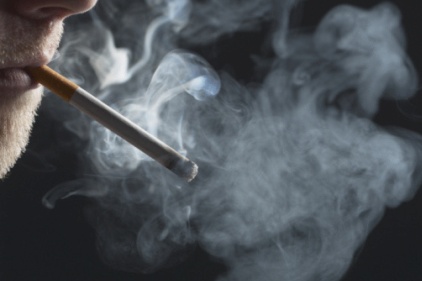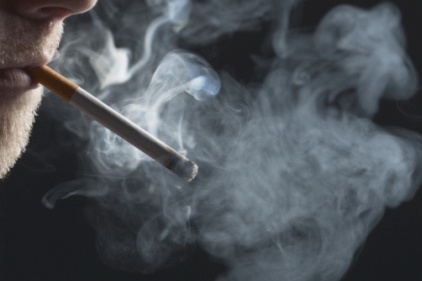 Cigarette smoking is the leading preventable cause of disease and death in the United States, killing about 480,000 Americans each year. For every person who dies this year, there are over 30 Americans who continue to live with a smoking-related disease.
Cigarette smoking is the leading preventable cause of disease and death in the United States, killing about 480,000 Americans each year. For every person who dies this year, there are over 30 Americans who continue to live with a smoking-related disease.
If you’re one of the 70 percent of smokers who want to quit, here’s some incentive for you: research shows that quitting completely at any age has major and immediate health benefits.
Where to find help
Smokers can get free help quitting by calling the Centers for Disease Control and Prevention (CDC) at 1-800-QUIT-NOW. There they can get free counseling and information about the seven smoking cessation medications approved by the U.S. Food and Drug Administration. Free help is also available at the website www.smokefree.gov.
You may also want to check out the CDC’s wildly successful Tips From Former Smokers PSAs, which the agency says has resulted in 10,000 quitting smoking permanently.
Cost-effective
The CDC also points out the Tips campaign is tax money well spent. The 2012 media campaign spent only $480 per smoker who quit and $393 per year of life saved. A commonly accepted threshold for cost-effectiveness of a public health intervention is $50,000 per year of life saved. When related to smoking, that cost-effectiveness figure may also include costs of counseling, medications and other expenses contributing to successful cessation. Even when those costs are added to the cost of the Tips campaign, the total is still 15 times less than the $50,000 benchmark for cost-effectiveness.
“There is no question the Tips campaign is a ‘best buy’ for public health – it saves lives and saves money,” said CDC Director Tom Frieden, M.D., M.P.H. “Smoking-related disease costs this nation more than $289 billion a year.”
What's a life worth?
A study has calculated the 2012 campaign will save about 179,000 healthy life-years at a cost of $268 per year of healthy life gained, and contributed to averting about 17,000 premature deaths at a cost of about $2,200 per premature death averted.
Annual health care spending in the U.S. attributable to cigarette smoking totals as much as $170 billion a year, and 60 percent of that cost is paid for by Americans through public programs such as Medicare or Medicaid.


